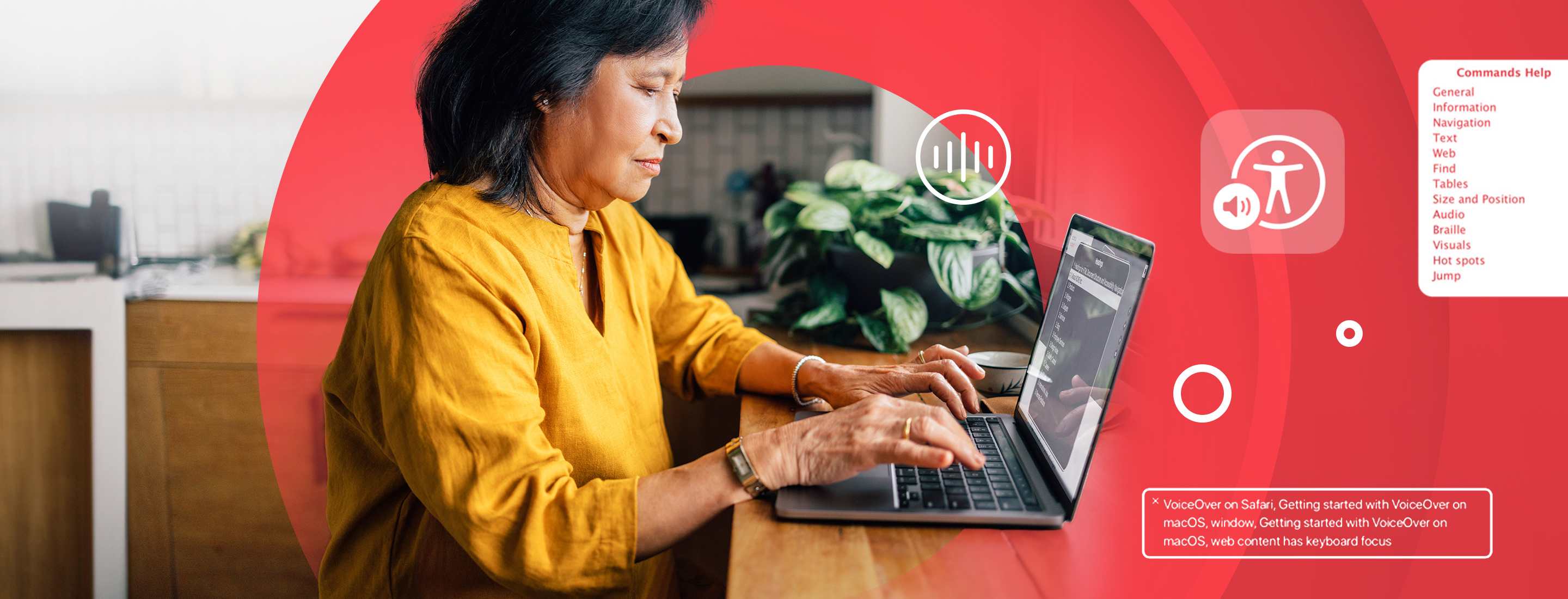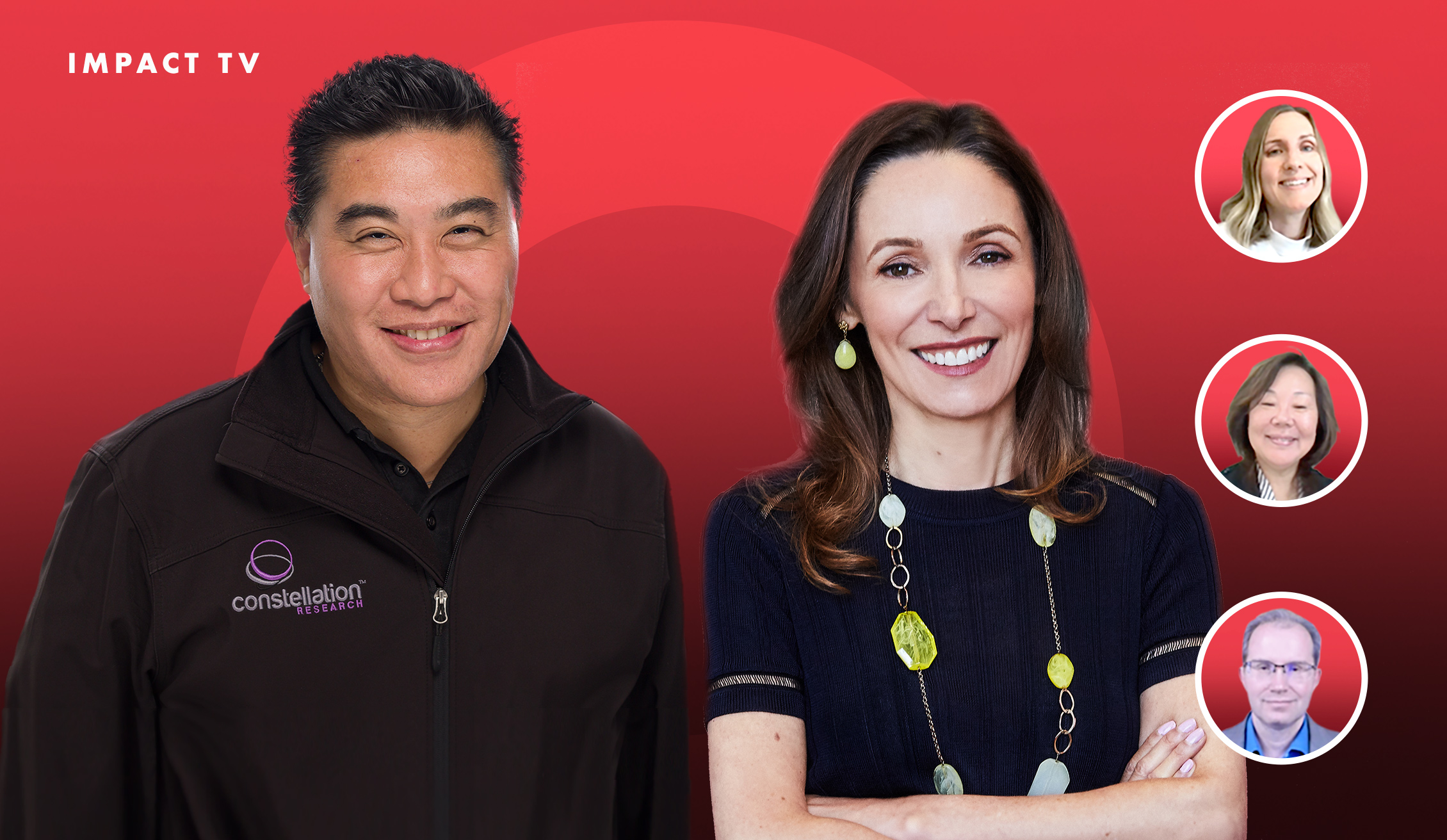What issue can we solve for you?
Type in your prompt above or try one of these suggestions
Suggested Prompt



Liberty & Accessibility for all
Liberty & Accessibility for all
Inclusion and accessibility are having a moment—but can organizations keep the momentum going?
“The art challenges the technology,” famed Pixar animator John Lassetter once wrote—"and the technology inspires the art.”
Indeed, for organizations looking to keep pace with the evolving nature of inclusion & accessibility standards, embedding best practices into their digital experiences is more than an afterthought—it’s an art form in and of itself:
“When we talk about digital accessibility, it simply means that all people can access a digital experience,” says Alison Walden, VP of Technology & Accessibility Lead at Publicis Sapient. “We often think of people navigating with a mouse-pointing device or a touch screen—but someone might also need to navigate by keyboard alone, with a screen reader, or some other kind of assistive technology.”
“Our philosophy at Publicis Sapient is that when we make a digital experience accessible, it improves it for all audiences.”
Alison Walden , VP of Technology & Accessibility Lead at Publicis Sapient
More than just a greater good initiative, with an overwhelming majority of websites falling short of generally accepted guidelines, adopting an accessibility-first mindset may present a potent brand differentiation opportunity.
“Studies show that more than 96% of websites have accessibility issues,” Walden points out. “There are over a billion people in the world with permanent disabilities who might need to access digital content and functionality in different ways—and there's an even larger number of people with temporary or situational disabilities who would also benefit from accessible experiences, including our aging population.”
Beyond alt text, bigger font sizes and color contrast, the accessibility movement may also serve as a catalyst for revisiting our views on normalcy to begin with:
“’Normal’ leaves a lot of people out, and it isn’t, by itself, an inherent good,” writes Ashley Shew in a recent MIT Technology Review article. “We often devalue the creativity and intelligence of people outside that frame rather than appreciating them as creators, tinkerers, and knowers.”
So why have brands been slow to adopt an inclusion mindset? In short, it’s complicated.
“I feel like experiences keep getting less and less accessible over time since the advent of the internet because the complexity of the experience is increasing,” says Alison Walden. “But I feel like the root of the problem is that most teams creating the digital experiences today, they don't understand the variety of ways that people access those experiences that they're creating online.”
Luckily, there are some actionable ways brands can kickstart their accessibility journey:
“If we had more people with disabilities on teams creating digital experiences, then we would be able to benefit from their experience and insight," Walden points out. “We need to enable (people) through training, because training courses in universities and colleges have not caught up to digital accessibility. We need to enforce accessible ways of working, so thinking about accessibility from day one, not tacking it onto the end.”
“The big takeaway for me here is that accessibility is a human right,” adds Teresa Barreira, EVP/Global Chief Marketing and Communications Officer at Publicis Sapient. “It’s something that has to be embedded into every company. I think that's really a mindset, and it has to be top down.”
Artfully said.
Check out the full conversation
Impact TV: Uplifting Society Through an Accessible Internet

Curious as to how Publicis Sapient can put the transformative power of accessibility to work for you?

How will your organization drive impact?
Digital can solve complex challenges to have a real impact on people’s lives. As a digital transformation partner, Publicis Sapient helps clients to do good for others while creating business value.
Learn what digital can do for you



